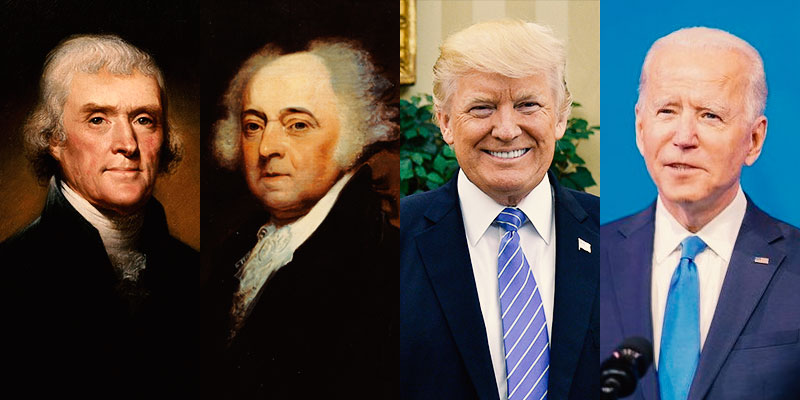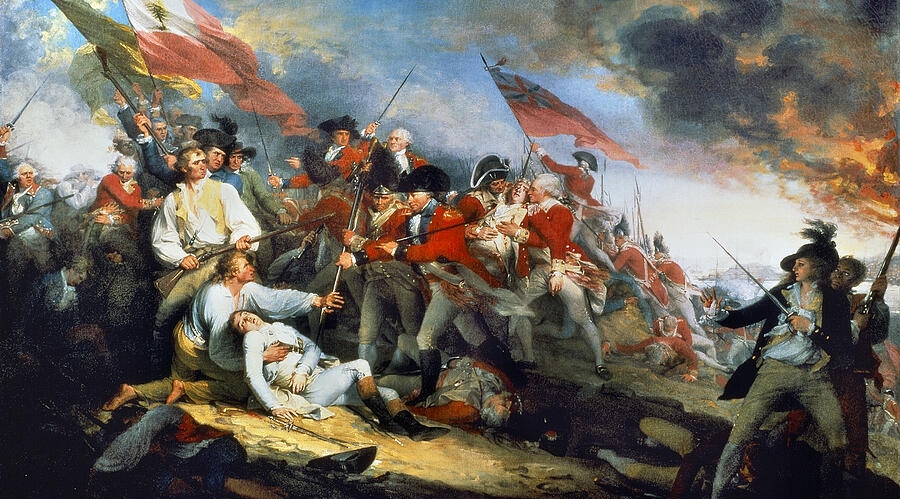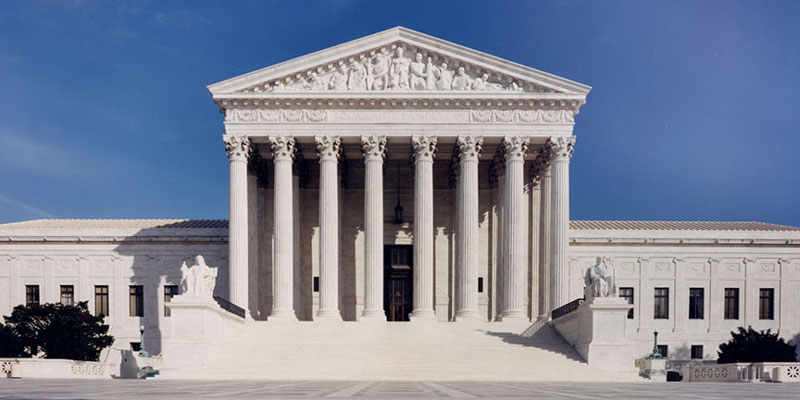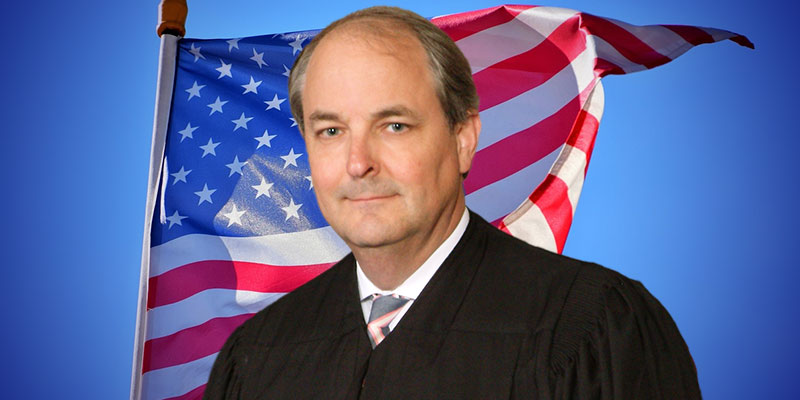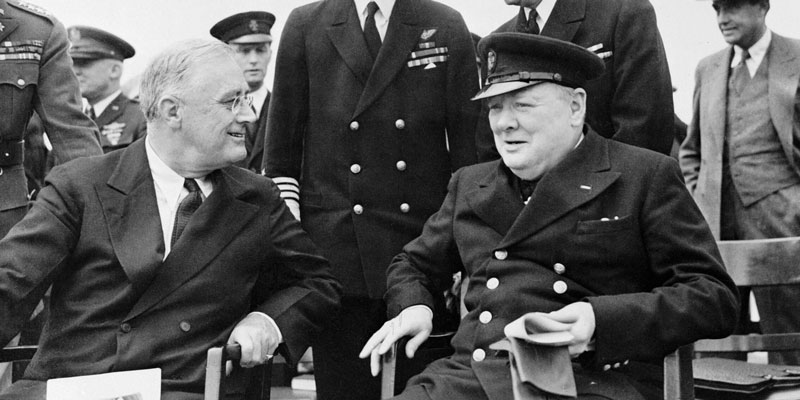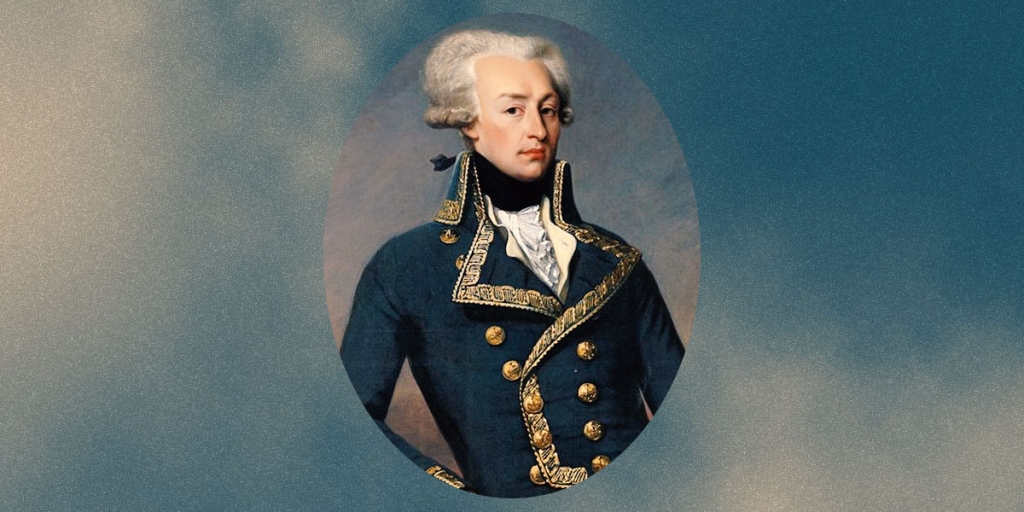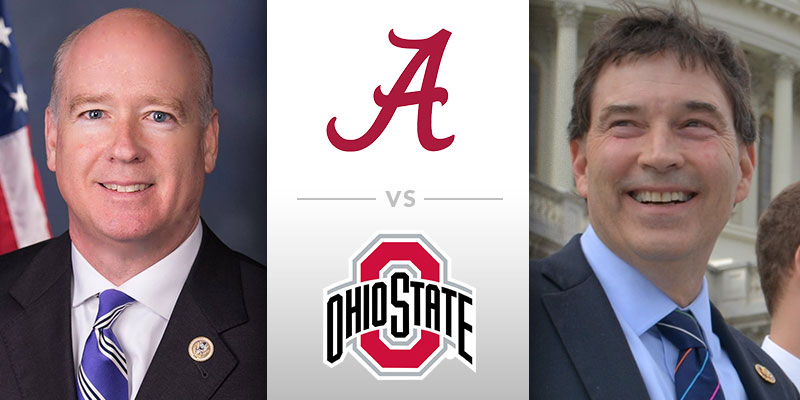It was President Harry Truman who said, “The only thing new in the world is the history you do not know,” and King Solomon, perhaps the wisest man ever, stated pretty much the same thing a few millennia ago when he recorded in Ecclesiastes 1:9 that “there is nothing new under the sun.”
Recent studies have shown the people look fondly upon the era that was one to two decades prior of their birth as the “good old days,” but few take time to really examine what made those days so seemingly good and why we regard times in which we never lived as better than the present.
Viewing current events through the lens of times that are distant memory can yield many disappointments, but recognizing that the past was flawed and often filled with misery can offer comfort that the future might not be as dim as we imagine If, as Solomon intoned, there is nothing really new under the sun and the only new things require greater learning and studying on our part, perhaps a good rule of thumb would be to worry less and study history more.
Presidential elections are contentious and have been since the founding of our republic. Don’t believe me? Read Winston Groom’s last book’s discussion of the 1800 election! Some elections are more spirited than others, but each four years there is an opportunity for hope, disappointment, disgust and even advancement. While it is true that elections have consequences and can clearly change the trajectory of our country, history shows us that most changes are not nearly as bad as we fear or as good as we had hoped. Some changes that occurred years ago, while viewed as earth-shattering at the time, now look fairly benign as we come to accept certain changes and, in retrospect, view them as appropriate and insignificant.
In the almost 245 years of our country’s existence, there have been probably a dozen presidential elections that stand out as marking the end on an era — some might say “error” — and the beginning of a new phase in the American experiment. But because American is an open society with freedoms that many across the globe envy, the clash of divergent viewpoints is not only helpful, but good.
If you believe that the arc of the universe is long and bends toward truth, then the testing of ideas politically and otherwise is necessary for progress and keeping the country as dynamic and free as possible. If we believe that right eventually emerges from conflict, then there is little to worry about.
Starting almost 100 years ago totalitarian systems were the rage. Both communism and fascism — two sides of the same coin — were seen as eclipsing liberty and democracy, jettisoning the best of western liberating thought. But these false ideologies could not stand the test of time. and over the last 30 years, systems granting greater freedoms have emerged from former dictatorial regimes. Those authoritarian governments failed precisely because they were rooted in lies and deceptions rather than the firm foundation of truth and liberty.
Truth is not only the best defense, but it is also the most buoyant and will eventually float to the top of any tempest. Time, though, is the magic ingredient; things need time and truth needs space to resist bruising, bullying and battering. Lies, deceit and fakery carry with them the sharp razzle-dazzle that distracts use from seeing the truth, but there is a point, after time, when truth emerges as the victor.
So, too, are laws of nature, economics and physics unchanged by feelings or perceptions. People may like to think that the magic of government will suspend all these laws, but that never happens. Perhaps for a season there is an appearance of suspension but that is really a recalibration to equilibrium anticipating a collapse which validates the offended law.
The British discovered this long ago when sterling was the measure for global trade and commerce. But, as the Britain Empire and economy constricted and monetary policy expanded, the value of the pound collapsed until the International Monetary Fund had to save the currency. So, while you may spend more than you take in by increasing the monetary supply, after a time the economy is impacted, and spending policies must be reconciled to deficit spending.
This maxim proves true in other areas, too, as there is only so far anyone can go without incurring the restrictions of practical laws that explain the universe as much as they limit government.
The critical thing for any country is the flexibility to withstand change and adjust to violations of these practical laws. The expansion of liberty and freedom of expression is critical to maintain a vibrant political system that marks forward progress based on a consensus from representative government, but is restrained by the good ideas from minority opinion so that, on balance, we are never overextended.
The future of the United States is as bright as we allow and promote constructive debate and maintain an open dialog to argue a position, no matter how vociferously, against diametrically opposed ideas with respect, dignity and decorum. Allowing the clash of ideas is critical so that policies grounded in practical experience are expressed and implemented; but, when failure occurs, other views are constantly considered to keep the country intact and moving forward.
I remain confident that our brightest days are ahead of us, and the promise of America continues to burn in the hearts of freedom lovers around the world.
Will Sellers is an Associate Justice on the Supreme Court of Alabama.




